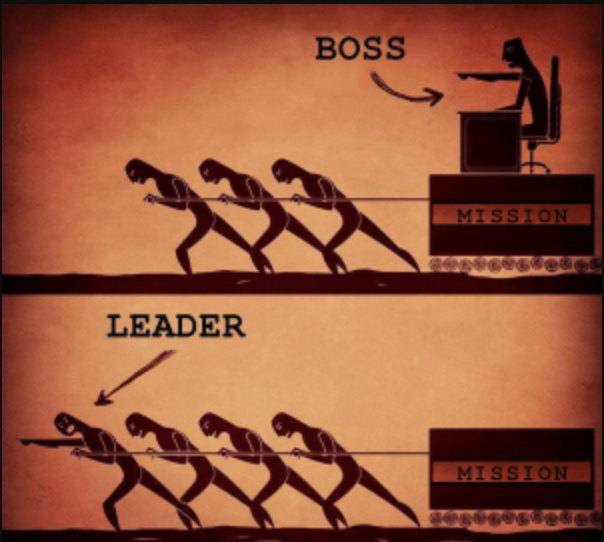A simple, 5 word question, but similar to “What is the Meaning of Life?” it’s elusive.
Here at Attuned we believe Management is Art.
Like art, management can appear simple. It is actually elusive and complex. It takes years to nurture and refine technique. Like art, it can capture the best of the human spirit, inspire us. But too often management is undersold.
We have all seen memes like this:

“What makes a good manager?” is asked at three different stages of our career, from three different perspectives – when we are members of a team talking about our manager, when we become a manager ourselves, and when we lead an organization, and try to make sure all of our managers are good managers. Regardless of the stage of our career, regardless the vantage point, the answer to “How to be Good?” remain the same.
Here we deliver 10 of the most important behaviors that managers need to practice in order to be part of that special group – good managers. This is a sophisticated list, for people serious about improving their management skills.









